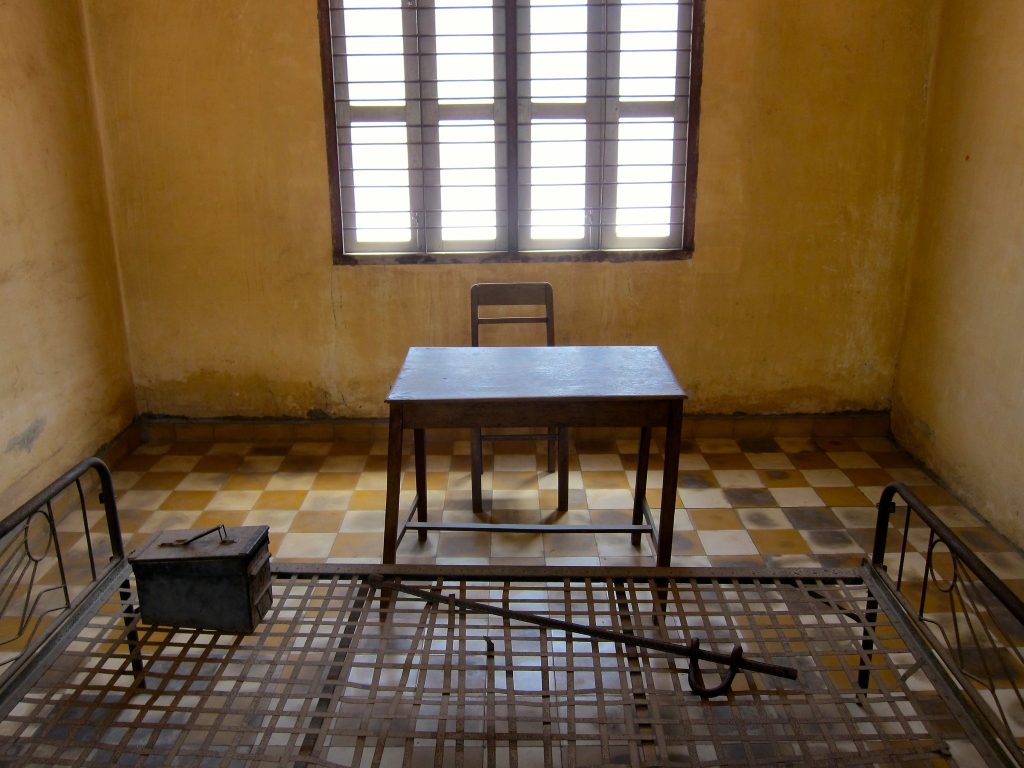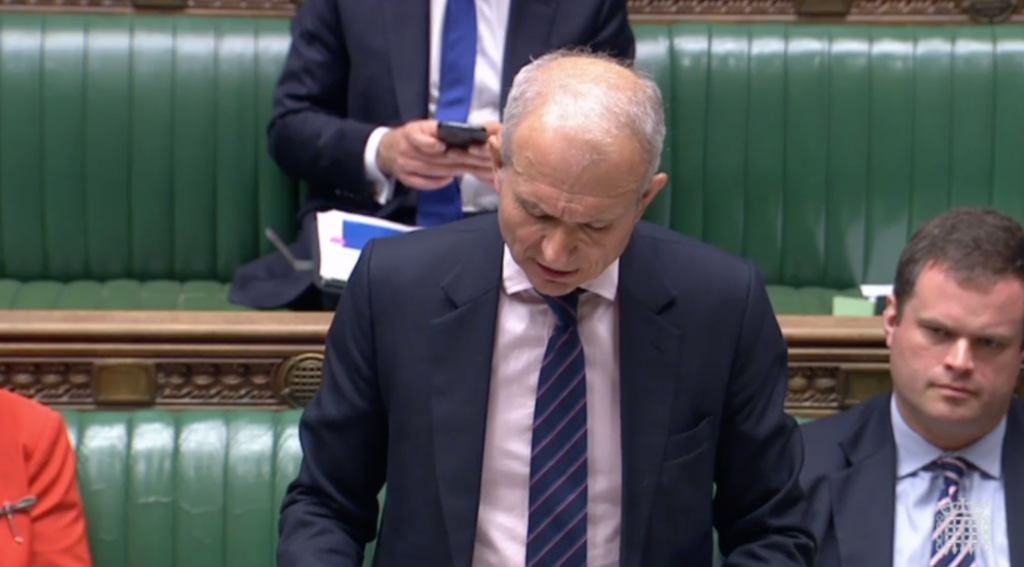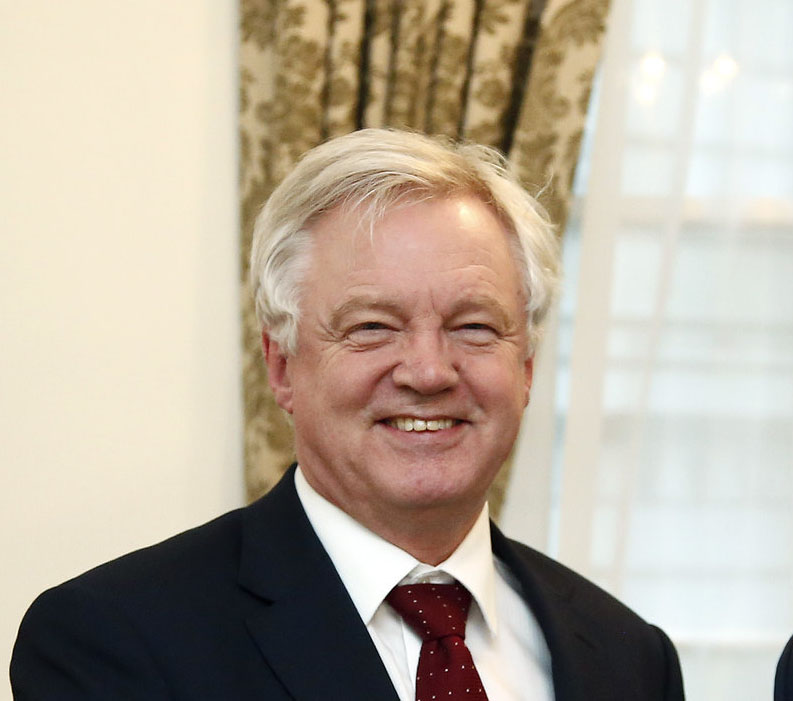Conservative MP David Davis is taking the government to court over its refusal to hold an independent, judge-led inquiry into the UK’s involvement in torture since 9/11, contrary to UN recommendations.
Renewed calls for an independent inquiry were sparked in June last year after reports published by a parliamentary committee found 19 allegations that UK personnel committed acts of torture. The government said at the time that it would announce “within 60 days” whether it would hold such an inquiry.
But it was not until July this year that former Cabinet Office minister David Lidington told the House of Commons the government had “no legal obligation” or “policy reason” to do so.
Davis, a conservative stalwart and lifelong civil liberties campaigner, is now bringing a legal challenge alongside Labour MP Dan Jarvis and human rights charity Reprieve.
On launching the legal bid, Davis said: “When the government finally admitted that it had no intention of holding a full and proper inquiry into torture, after years of dither and delay, I was frankly exasperated. And when I said in parliament ‘see you in court’, I meant it.
“Torture doesn’t produce reliable intelligence, and involvement in it makes everyone in this country less safe. We must take a clear-eyed look at this dark period in our recent history, and give victims the redress and accountability they were promised, and face the future with a clear conscience and determination not to repeat the mistakes of the past.”
What Torture Allegations Does The UK Face?

Image Credit: Flickr.
Parliament’s Intelligence and Security Committee released two reports in June last year – one into Detainee Mistreatment and Rendition from 2001-2010, and another focused on the guidance given to intelligence officers.
The key findings by the ISC include:
- 19 allegations that UK personnel themselves committed acts of torture;
- At least 2 instances where UK personnel “directly engaged in the mistreatment of a detainee by others”;
- At least 232 cases where UK personnel “continued to supply questions or intelligence to liaison services after they knew or suspected [or should have suspected] that a detainee had been or was being mistreated”.
- 198 occasions where UK officers received intelligence from detainees they knew were being mistreated, and 128 occasions of receiving intelligence after being told of mistreatment by foreign partners.
- Extensive efforts by UK intelligence agencies to block reporting of incidents of mistreatment, including attempts to keep evidence from reaching the ISC during its previous investigations.
- Evidence that suggests Government officials in one case successfully blocked criminal investigations of breaches of the Geneva Conventions.
The report came following a four-year inquiry run by the ISC, but – in delivering its report – it accepted that its findings could only be treated as provisional, as Downing Street had blocked it from interviewing multiple witnesses.
Doomed To Repeat Our Past Mistakes?

Cabinet Officer minister David Lidlington Image Credit: Parliament TV
Article 3 of the Human Rights Convention prohibits torture and inhuman and degrading treatment or punishment – it is one of our most fundamental rights. The UN Convention Against Torture, which the UK signed up to in 1988, obliges parties to criminalise torture under their domestic law. It defines torture as an act by which severe pain and suffering, whether physical or mental, is intentionally inflicted on someone for the purposes of obtaining information, for punishment, or intimidation.
The right to be free from torture is absolute. This means that it is never justifiable to torture someone, whatever the circumstances.
Inhuman or degrading treatment is also prohibited:
- Treatment is considered inhuman when it causes intense physical or mental suffering;
- Treatment or punishment is degrading if it humiliates and debases a person beyond that which is usual from punishment.
Article 3 of the Human Rights Convention requires governments to conduct official, effective investigations into credible allegations of serious ill-treatment by public officials, and to take positive steps to prevent it.
UK courts and tribunals cannot rely on evidence obtained through torture, no matter which country it took place in.
The Human Rights Convention and the Convention Against Torture also prevent the government from deporting or extraditing people to another country where they would likely face torture.
Maya Foa, Director of Reprieve, said: “When the government broke its promise to torture survivors, it also broke the law. The powerful must be held to account so that victims can move on with their lives, but just as importantly because if we do not fully investigate our past mistakes, we are doomed to repeat them.”
Read more:
- An opinion piece from Reprieve’s deputy director Dan Dolan on why torture must be independently investigated.
- UK Government Must Hold Judge-Led Inquiry Into Alleged Torture, UN Committee Says.
- Take a look at our infographic poster on freedom from torture.







